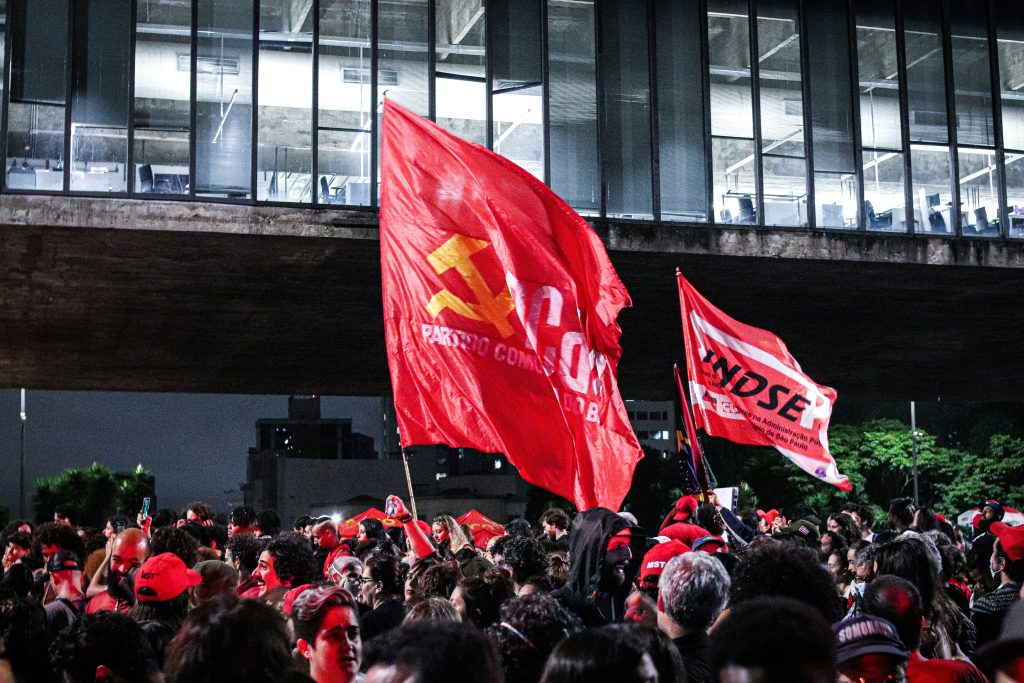Exiled Hong Kong Activists Fear UK’s Extradition Policy Shift Could Endanger Their Safety
4 min read
New UK legislation reignites anxiety among Hong Kong dissidents living abroad as concerns rise over Beijing’s growing influence.
Exiled Hong Kong activists are expressing alarm over the UK government’s decision to resume certain extraditions with Hong Kong, fearing it could expose them to political persecution. The change follows the recent passage of an amendment to Britain’s extradition laws, ending a suspension that had been in place since 2020. The suspension was originally introduced in response to Beijing’s crackdown on Hong Kong’s pro-democracy movement and the implementation of a sweeping national security law.
The new amendment reclassifies Hong Kong as a non-treaty state, aligning it with other countries where extraditions are decided on a case-by-case basis. While UK officials insist this process includes “strong legal safeguards,” many dissidents view it as a dangerous rollback of protection for Hong Kong’s political exiles.
UK’s Reassurances
The UK Home Office defended the move, stating that the suspension made all extradition requests legally impossible, even those unrelated to politics. The new policy, it said, restores a “balanced approach” that ensures extraditions can proceed if there are legitimate, non-political grounds.
Security Minister Dan Jarvis emphasized that the UK would “never allow extraditions for political purposes.” He assured that all cases would be independently reviewed by British courts, and defendants would retain the right to appeal. “This government remains uncompromising in its commitment to human rights, the rule of law, and the protection of individuals residing in the United Kingdom,” a Home Office spokesperson added.
Despite these reassurances, many activists remain unconvinced.
Dissidents Voice Deep Concern

Activists who fled Hong Kong during the 2019–2020 protests say the new law could open the door to abuse. More than 220,000 Hongkongers with British National (Overseas) status have resettled in the UK, many after being targeted by the city’s national security police. Hong Kong authorities have since issued arrest warrants and bounties for 38 overseas activists.
Chloe Cheung of the Committee for Freedom in Hong Kong Foundation said, “Even if this government doesn’t plan to extradite us, there must be binding legal guarantees that no future government will reverse this protection.” She fears that without such safeguards; dissidents could live under “permanent uncertainty.”
Carmen Law, a former Hong Kong legislator now in exile in London, echoed those fears. “When you have a bounty on your head and the state that issued it is friendly with your host country, assurances mean little. The UK must turn its words into ironclad legal protection,” she said.
Omega Tv UK celebrates ONE YEAR ANNIVERSARY, we wish to thank all our viewers for helping us reach this milestone.
Happy 1st anniversary to Omega TV UK!.
Beijing’s Record Raises Red Flags
Critics argue that Beijing’s history of manipulating legal processes shows why Hong Kong extraditions cannot be trusted. Chinese and Hong Kong authorities have repeatedly brought non-political criminal charges against dissidents, only to later reframe them as political cases.
The case of Jimmy Lai, the jailed media mogul and founder of Apple Daily, remains a symbol of this tactic. Although Lai was initially charged with lease fraud, the charges later evolved into national security violations, widely seen as politically motivated. “The idea that we could send anyone back to such a system is absurd,” said Iain Duncan Smith, a Conservative MP and outspoken critic of Beijing’s influence.
Geopolitical and Economic Undertones
Observers suggest the timing of the UK’s decision may be linked to ongoing trade negotiations with China. Some fear that London’s economic priorities are softening its once-strong stance on Beijing. Dissident scholar Feng Chongyi, now based in Australia, said the move signals a “willingness to compromise with authoritarian powers for political or economic gain.”
Former opposition leader Keir Starmer, who in 2020 praised the suspension of the extradition treaty as “a step in the right direction,” has yet to comment on the latest shift.
Balancing Rights and Diplomacy
While the UK insists that strict legal safeguards will prevent politically motivated extraditions, critics say only a clear, transparent appeal mechanism can guarantee fairness. “We need a concrete system that ensures nothing slips through the cracks,” said Luke de Pulford, co-founder of the Inter-Parliamentary Alliance on China.
Veteran pro-democracy politician Emily Lau, who remains in Hong Kong, said she understood the UK’s need to boost its economy through trade but warned against “sacrificing the rights of Hong Kong people for profit.”
As the debate continues, thousands of Hongkongers living in the UK are left uneasy caught between two governments and fearful of what might come next.







This post gave me a new perspective I hadn’t considered.